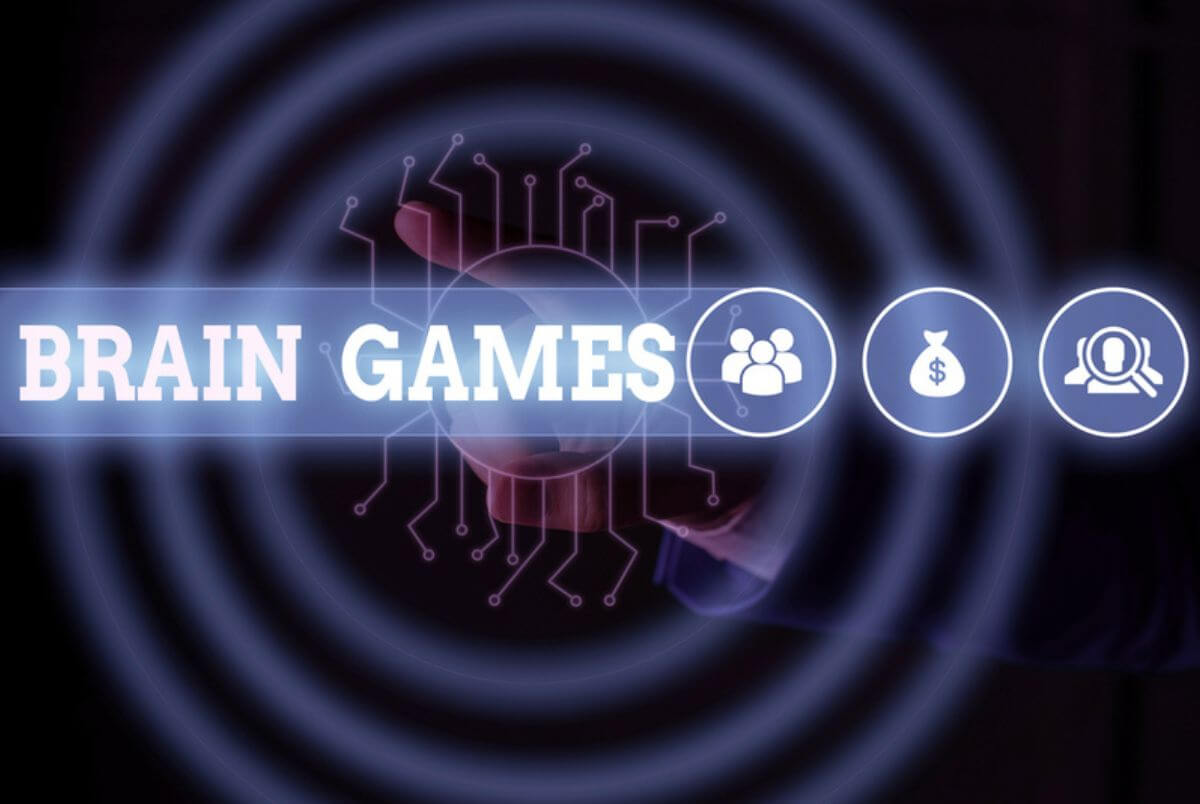
The brain is generally an adaptable organ. Per Cleveland Clinic, essentially the more you learn, the more the brain can adapt.
Benefits of brain stimulating activities
Our brains crave stimulation. And things like video games or puzzles do just that. These interactive activities give our brains a healthy workout. Exercising the brain, or brain training, is a useful tool to improve memory in people facing subtle mental declines sometimes related to aging.
Promising news
Some studies, such as one described by Healthline, demonstrate that individuals may improve outcomes on memory tests. In one example provided, 42 adults with mild cognitive impairment found that playing games on a brain-training app for 8 hours over a 4-week period improved their performances on memory tests. Though the benefits of brain games are not fully understood, it is believed that an increase of grey matter in the brain that relates to muscle control, memories, perception, and spatial navigation, boosts brain connectivity.
What causes dementia?
WHO notes that there are more than 55 million people worldwide with dementia and the number is growing as people are living longer. Per Mayo Clinic, dementia is caused by damage to or loss of nerve cells and their connections in the brain. It leads to a decline in cognitive function and affects a person’s ability to perform daily tasks. Note that there are different types of dementia. Alzheimer’s Disease is the most common type of dementia.
How is dementia diagnosed?
For diagnosis, medical tests including blood, urine, genetic testing, and brain scans are useful to confirm a diagnosis and to determine the type of dementia.
Is there are cure?
Dementia such as Alzheimer’s tends to be progressive, which means it worsens over time. And, unfortunately, there is currently no cure.
Can playing games halt dementia?
Playing stimulating brain games is not known to suddenly halt or stop the progression of dementia. However, it may improve cognitive abilities in some individuals. And there is hope for older adults, and for younger people who experience mild mental fog, that playing games can stimulate and exercise the mind. The goal of some new studies is to better understand the relationship between a working brain and an improved mind, plus measure progress.
Should an older person who sometimes loses things be concerned about dementia?
One should never jump to conclusions. It is normal for people to lose things from time to time. To learn more about forgetfulness, visit our sister article entitled Is losing things a sign of dementia? (Attach article here) Should incidences of forgetfulness increase or interfere with life, or if new or concerning symptoms develop, it’s vital to get a prompt medical evaluation. One should never self-diagnose symptoms. Let that be the doctor’s job. Remember that for many diseases, early intervention may be key to slowing progression. It’s also important for patients and their families to gain beneficial medical and care resources to deal with any new diagnosis, should that be the case.
Not all memory declines are dementia
Dementia, the general name for the decline in cognitive abilities that impact’s a person’s life, is different from typical age-related memory loss. Dementia is also different from temporary absentmindedness. Other causes of memory loss not caused by dementia or age may include depression, infection, or the side effects of medication, etc.
Age related memory loss vs. dementia
Normal aging can lead to a decline in memory abilities. It’s often called age-related or age-associated memory impairment. However, it’s important to note that dementia is not a normal part of aging. Dementia, a syndrome, affects the ability to think, remember, learn, and reason. Sometimes it affects a person’s behavior. Unlike dementia, age-related memory loss is considered a normal part of aging. For example, failure to immediately recollect a book title or occasionally forgetting a password are mild forms of forgetfulness that may be attributed to the aging process. They are generally not considered to be serious. However, should a person forget someone familiar or get lost in a familiar place, that is of the utmost concern. To learn more on the topic, please read our related article entitled, “Is losing things a sign of dementia?”
Can playing games improve memory?
Yes, they can. People with age-related forgetfulness can practice memory and mental skills to stay sharp and to address subtle declines. Regular medical checkups are recommended, too. Those living with dementia should be under the supervision of a medical professional.
This article is not medically reviewed. It is purely informational and is not intended as a medical resource or as a substitute for medical advice.

